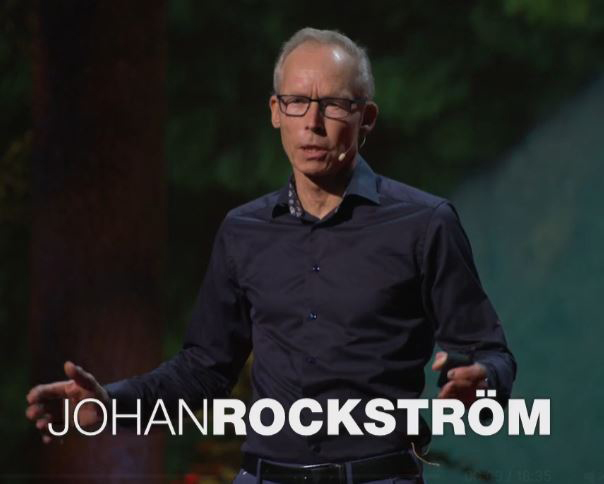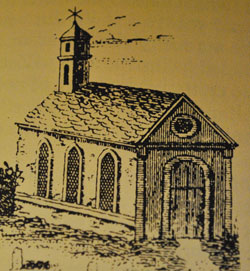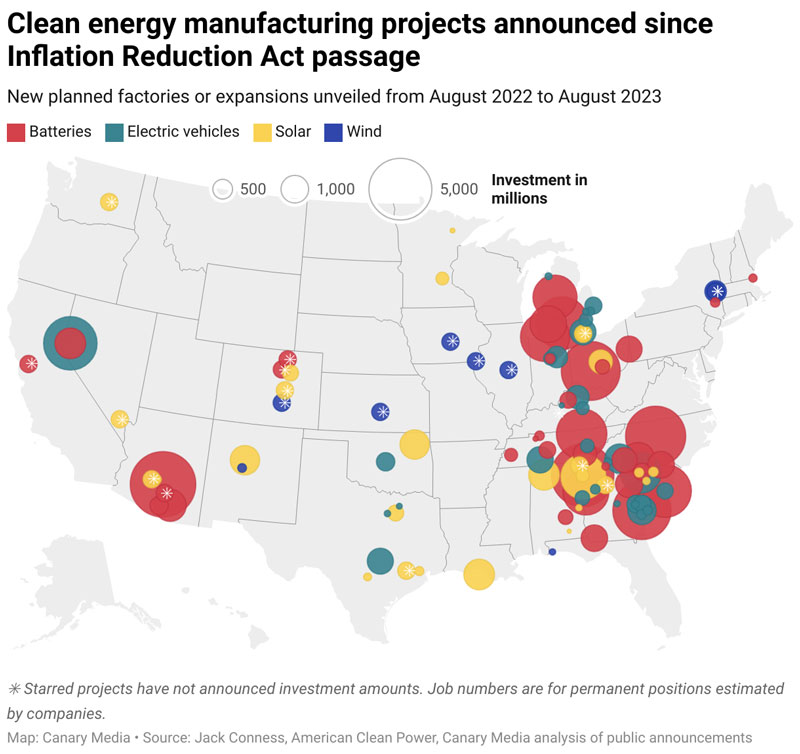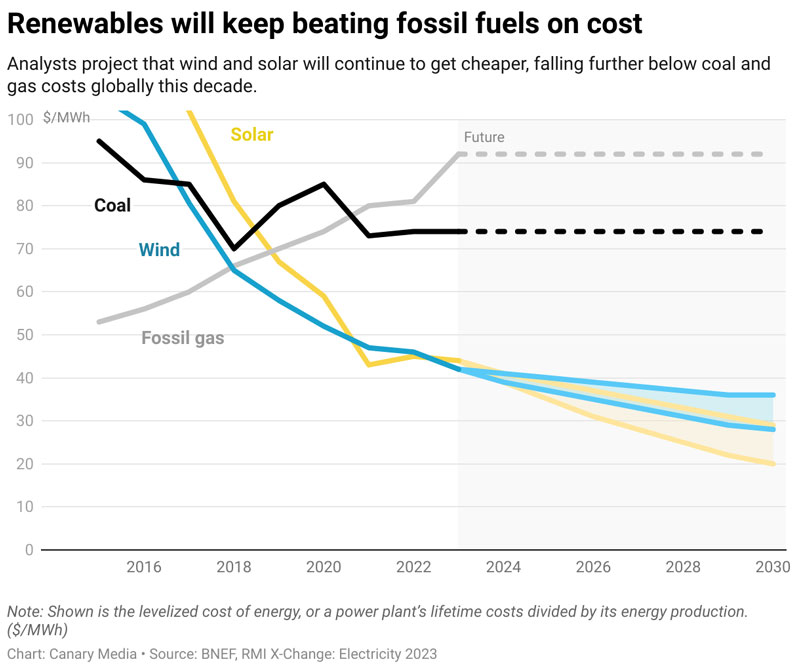See Our Collection of Crosses

“O BLESSED Saviour, who by thy cross and passion hast given life unto the world: Grant that we thy servants may be given grace to take up the cross and follow thee through life and death; whom with the Father and the Holy Spirit we worship and glorify, one God, for ever and ever. Amen.”
Holy Cross Day is Sept. 14 in honor of Christ’s self-offering on the cross for our salvation. The collect for Holy Cross Day recalls that Christ “was lifted high upon the cross that he might draw the whole world unto himself,” and prays that “we, who glory in the mystery of our redemption, may have grace to take up our cross and follow him” (BCP, p. 192). The themes of Holy Cross Day are powerfully expressed by the hymn “Lift high the cross” (Hymn 473).
The Basis of the Cross (From this guide:)
1 (Romans 5:12). “Therefore, just as sin came into the world through one man, and death came through sin, and so death spread to all because all have sinned”
2. “You were dead through the trespasses and sins in which you once walked, following the course of this world,[a] following the ruler of the power of the air, the spirit that is now at work among those who are disobedient. All of us once lived among them in the passions of our flesh, doing the will of flesh and senses, and we were by nature children of wrath, like everyone else,” (Ephesians 2:1-3)
3. (Colossians 2:13-14). “And when you were dead in trespasses and the uncircumcision of your flesh, God[a] made you[b] alive together with him, when he forgave us all our trespasses, erasing the record that stood against us with its legal demands. He set this aside, nailing it to the cross.”
From the Book of Common Prayer catechism – “The Messiah is one sent by God to free us from the power of sin, so that with the help of God we may live in harmony with God, within ourselves, with our neighbors, and with all creation.
Though the cross was an instrument of torture and death, stained with the blood of Christ, it has become for us a great treasure as the instrument of our salvation. Because it brings us into “the kingdom of heaven,” the cross is like the “pearl of great value,” for which the merchant “sold all that he had” (Matthew 13:45-46).
The cross also serves as a reminder of the kind of lives we are to live as Christians. Christ commands each of his disciples to “take up his cross and follow [him]” (Matthew 16:24), putting our sin to death “in order that the body of sin might be brought to nothing, so that we would no longer be enslaved to sin” (Romans 6:6), freeing us to participate in God’s mission in the world, doing the good works he has prepared for us (Ephesians 2:10).
This day has been a part of the Eastern Church. The feast entered the Western calendar in the seventh century after Emperor Heraclius recovered the cross from the Persians, who had carried it off in 614, 15 years earlier. According to the story, the emperor intended to carry the cross back into Jerusalem himself, but was unable to move forward until he took off his imperial garb and became a barefoot pilgrim. It only has been celebrated in the Episcopal Church with the 1982 prayer book
Origin of Sept 14 -During the reign of Constantine, first Roman Emperor to profess the Christian faith, his mother Helena went to Israel and there undertook to find the places especially significant to Christians. (She was helped in this by the fact that in their destructions around 135, the Romans had built pagan shrines over many of these sites.)
Having located, close together, what she believed to be the sites of the Crucifixion and of the Burial (at locations that modern archaeologists think may be correct), she then had built over them the Church of the Holy Sepulchre, which was dedicated on 14 September 335.
Forward Movement reported this:”During the construction, tradition says that fragments from the True Cross, that is, the cross on which Jesus had been crucified, were found. It sounds fanciful, and perhaps it is. What is not fanciful are the fervent prayers of pilgrims from around the world in that site every day.”
Update for 2017 from Forward Movement: “Recently, the traditional site of Jesus’ burial and resurrection was renovated. During the construction, another miracle of sorts happened. It turns out that under more modern layers of marble, ancient, first-century stone was discovered. This is the latest in a series of archeological finds which support the idea that the Church of the Holy Sepulchre was built on the actual sites where the actual events of Good Friday and Easter Day took place. It is almost overwhelming.”
It has become a day for recognizing the Cross (in a festal atmosphere that would be inappropriate on Good Friday) as a symbol of triumph, as a sign of Christ’s victory over death, and a reminder of His promise, “And when I am lifted up, I will draw all men unto me.” (John 12:32)
Read more
 We have taken the five Sundays readings in the Season of Creation and highlighted a specific environmental area which we will cover weekly. (This week, earth; ) How is this area affecting us ? What can we do to improve our use of them ? We have added related scriptures.
We have taken the five Sundays readings in the Season of Creation and highlighted a specific environmental area which we will cover weekly. (This week, earth; ) How is this area affecting us ? What can we do to improve our use of them ? We have added related scriptures.








